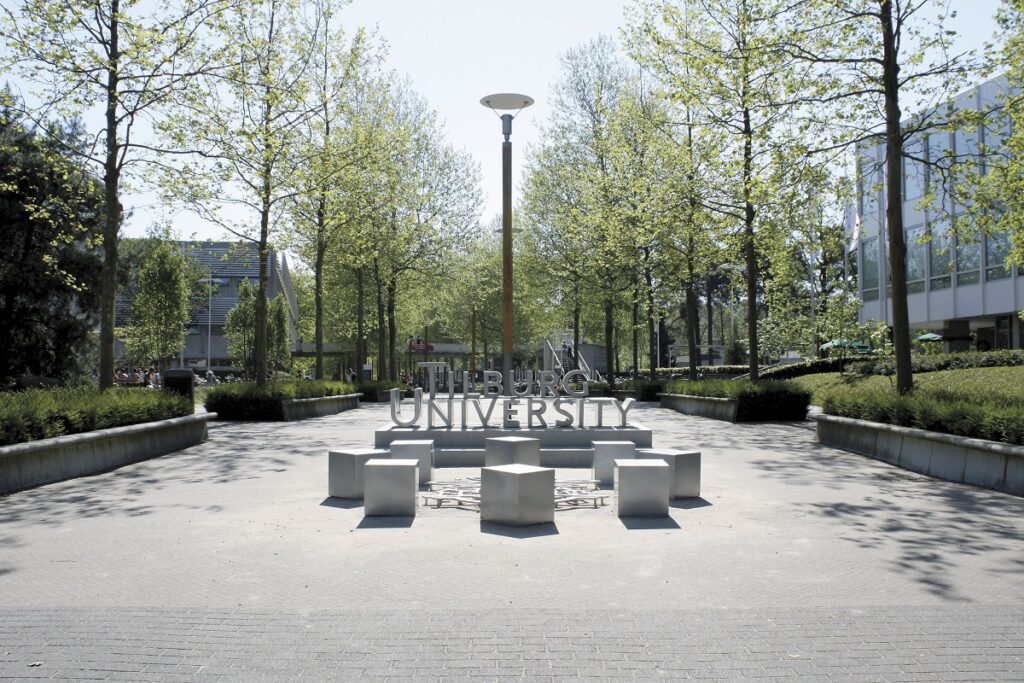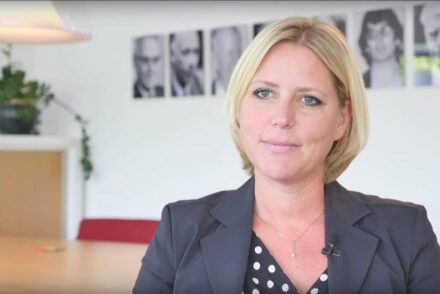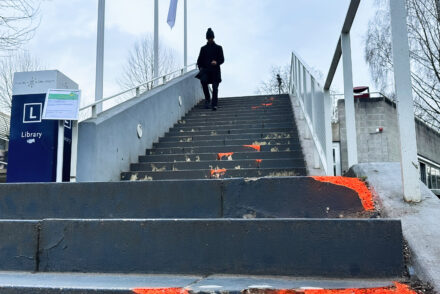No reorganization at Tilburg University in 2026, despite financial uncertainty
Tilburg University will not have to undergo a major reorganization in 2026, despite ongoing financial uncertainty in higher education. This became clear today during a financial discussion in the University Council. The university’s financial reserves are strong enough to weather the coming period without drastic measures.

Positive, but cautious. That was the tone of Wilma de Koning, Vice President of the Executive Board, during the council meeting. ‘It’s good news that no reorganization is needed in 2026. But that doesn’t mean nothing will change.’
The council discussed the FIRMa 2026–2030 during the meeting. FIRMa (Financial Investment and Forecast Document) outlines Tilburg University’s multi-year financial framework. It sets the principles and allocations within which faculties and services draft their budgets.
Positive Advice
The University Council ultimately issued a positive recommendation for the FIRMa 2026. For the years beyond 2026—up to 2030—the representative bodies wish to hold further discussions.
‘We’re pleased with the information and short-term outlook, but we still have many questions about the period after 2026,’ said Marinus Verhagen of the Independents faction. He called for a renewed look at the allocation model (the distribution of funds between faculties and services) and the role of support services.
Declining Income
The university is facing declining government contributions due to budget cuts in higher education and the enactment of the Balanced Internationalization Act. As a result, student numbers are expected to decrease in the coming years.
This academic year, the university has 19,168 enrolled students. The Executive Board included a scenario in the FIRMa in which that number drops to 17,718 students by 2030—a decline of about 7 percent. This decrease will impact revenue.
Fall of the Government
In addition, the national political climate is increasing the uncertainty. The fall of the Dutch government earlier this week makes it even harder for Tilburg University to formulate a stable long-term strategy. ‘I don’t have a crystal ball,’ De Koning emphasized.
Trust in the government has already been damaged, partly due to the unilateral cancellation of previously promised funds such as starter and incentive grants.
Nevertheless, Tilburg University remains financially healthy, and strong financial reserves are preventing a large-scale reorganization in the short term. The university is, however, working on the Redesign Services project, which aims to make the operations of support services more efficient. It is also reviewing its priorities and adopting a cautious approach to personnel policy.
Other Universities
While Tilburg University is avoiding heavy measures for now, many other Dutch universities are in a less favorable position. At Utrecht University, a reorganization is underway in which some programs are being discontinued. And earlier this year, the University of Twente laid off 46 staff members from the Faculty of Science and Technology.
According to De Koning, Tilburg University is in ‘a relatively comfortable position’ compared to other universities.
Silent Protest
Somewhat less comfortable was the presence of eight pro-Palestinian protesters in the University Council’s audience. They sat side by side in the front row, holding banners and protest signs.
Halfway through the meeting, the protesters stood up and unfurled a large banner accusing Rector Magnificus Wim van de Donk of being a ‘war criminal.’
The protest remained silent, and the meeting was not disrupted. No reactions to the protest were given from within the council.






